During the Christmas holiday period, I pretty much devoured ‘Cat’s Eye’ by Margaret Atwood. I’ve reviewed some of her work before and she has been one of those writers that I’ve been drawn to, in terms of the subject matter of her novels. Despite this, though, I’ve never been fully convinced by her writing (I wasn’t a huge fan of ‘The Edible Woman’ or ‘The Handmaid’s Tale’… I know, controversial stuff) which I sometimes find rather verbose and I sometimes find it difficult to fully connect with her protagonists. That was until I read ‘Cat’s Eye’.
The novel is centred around the Elaine Risley, a famous painter, reminiscing about her childhood and early adult years, specifically on her relationship with Cordelia. It explores the strange and often twisted nature of female friendships at such a young age, where Cordelia is a tormenter and bully, her meanness veiled under the guise of friendship. The dynamic changes as Elaine grows older and finds herself in the position of power and Cordelia changes from tormenter to a vulnerable, confused young woman.
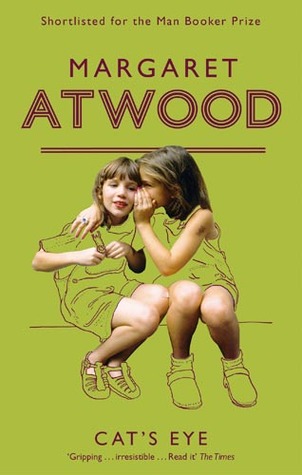
Reading this book was like experiencing a long drawn-out blow to the stomach that moved me to tears… in a weirdly satisfying, masochistic way. ‘Cat’s Eye’ transported me back to my younger days, when cruel psychological games, and friendship and humiliation seemed to go hand in hand. Atwood manages to infuse a sense of loneliness and isolation throughout the whole novel and I found myself incredibly drawn into Elaine’s memories and the unresolved feelings she carries with her, even as a middle-aged woman. I have never read a novel that so powerfully and effectively explores the difficulties of desperately wanting to belong to a group that you will subjugate yourself and become someone you despise. The novel highlights the dark side of female friendships – the interdependence of certain friendships that can make you feel both feel invincible and suffocated at the same time. It is as though nothing else matters in that moment but that person, your friend, although there is an impending sense that your “friendship” is held up by delicate strings that can break at any moment. I can relate to Elaine’s memories and mixed feelings about what happened in her past including her own actions; I have experienced feelings of betrayal with “friends” in the past that turned out to be beyond cruel but like the protagonist of ‘Cat’s Eye,’ I am guilty of colluding in this dynamic as well.
A hauntingly moving novel that lingered in my mind for days after finishing it.
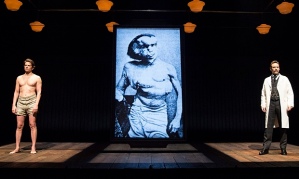
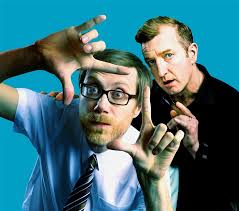
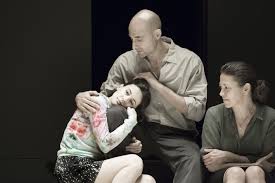
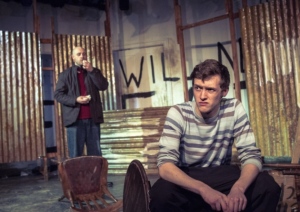
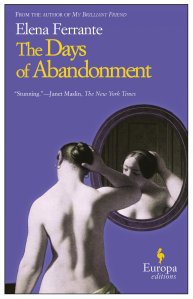
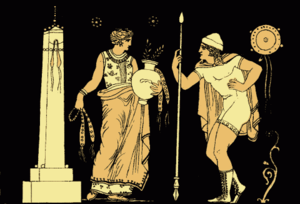
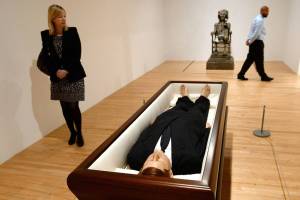
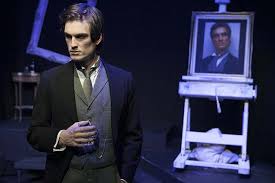
Recent Comments